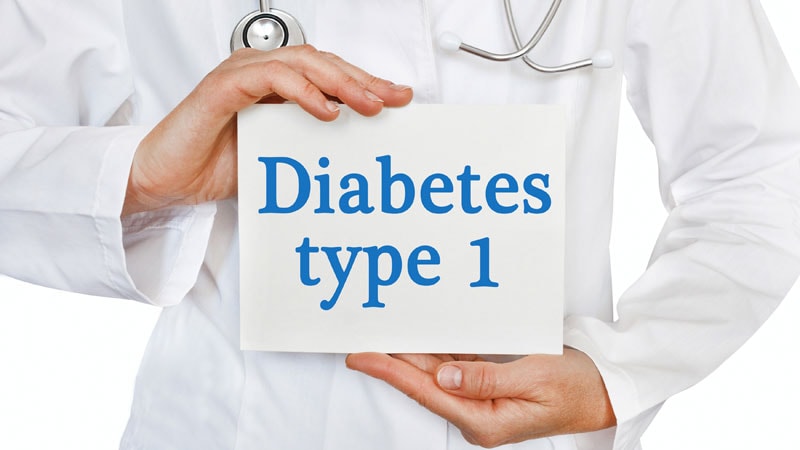Editor’s note: Find the latest COVID-19 news and guidance in Medscape’s Coronavirus Resource Center.
For people with type 1 diabetes and COVID-19, the risk for worse outcomes accelerates beyond age 40 years, new data suggest.
“Our study shows people over 40 with type 1 diabetes have worse outcomes from COVID-19 than children and young adults. Children and young adults experienced milder disease and a better prognosis,” lead author Carla Demeterco-Berggren, MD, PhD, of the University of California, San Diego, said in a statement.
The findings, from the T1D Exchange Quality Improvement Collaborative in the United States, “indicate the need for age-tailored treatments, immunization, and clinical management of individuals affected by type 1 diabetes and COVID-19,” she added.
“Public health recommendations, including wearing masks and getting vaccinated, need to be followed by all to reduce the risk of contracting COVID-19.”
The results were published online September 28 in the Journal of Clinical Endocrinology & Metabolism.
Almost Half of Those Over 40 Hospitalized
The observational, multisite, cross-sectional study involved a total of 767 patients with type 1 diabetes and laboratory-confirmed COVID-19 from 56 clinical sites in 23 US states from April 2020 through March 2021. Participants were a mean age of 22.4 years and 52% were female. Just over half (54%) were age 0-18 years, 32% were age 19-40 years, and 14% were over age 40.
The youngest group had the highest A1c, at 8.6%, compared with 8% and 8.2%, respectively, for those age 19-40 and > 40 years.
Hospitalizations for COVID-19 were significantly more common in those older than 40 years, and almost half (47%) ended up in hospital, compared with 16% for the younger adults and 20% for the children and teens. The older adults were also more likely to experience adverse outcomes including death, diabetic ketoacidosis, or severe hypoglycemia, at 28%, compared with 21% for those age 0-18 and 17% for those age 19-40 years (all P < .001).
There were five deaths, two in the 19-40 age group and three older than 40 years. All were men.
After controlling for sex, A1c, race, ethnicity, and insurance type, the odds of being hospitalized were nearly seventimes greater for the over-40 age group compared with those age 0-18. And even after adjusting for comorbidities, those older than 40 still had a more than fourfold greater risk of hospitalization compared with the pediatric group.
With regard to adverse outcomes, the over-40 age group had double the risk compared with the pediatric group, but the excess risk was no longer significant after adjustment for comorbidities.
The hospitalization risk also rose with increasing A1c. Individuals of minority ethnicities had a more than threefold greater odds of hospitalization, as did those with comorbidities (all P < .001). Those characteristics also increased the odds of developing adverse outcomes.
“The goal of our study is to prevent poor COVID-19 outcomes for adults with type 1 diabetes and to highlight the need to base healthcare decisions on data as the COVID-19 pandemic evolves,” Demeterco-Berggren concluded.
Demeterco-Berggren has reported no relevant financial relationships. Disclosures for the other authors are listed in the article.
J Clin Endocrinol Metab. Published online September 28, 2021. Full text
Miriam E. Tucker is a freelance journalist based in the Washington, DC, area. She is a regular contributor to Medscape, with other work appearing in the Washington Post, NPR‘s Shots blog, and Diabetes Forecast magazine. She is on Twitter @MiriamETucker.
For more diabetes and endocrinology news, follow us on Twitter and Facebook.

